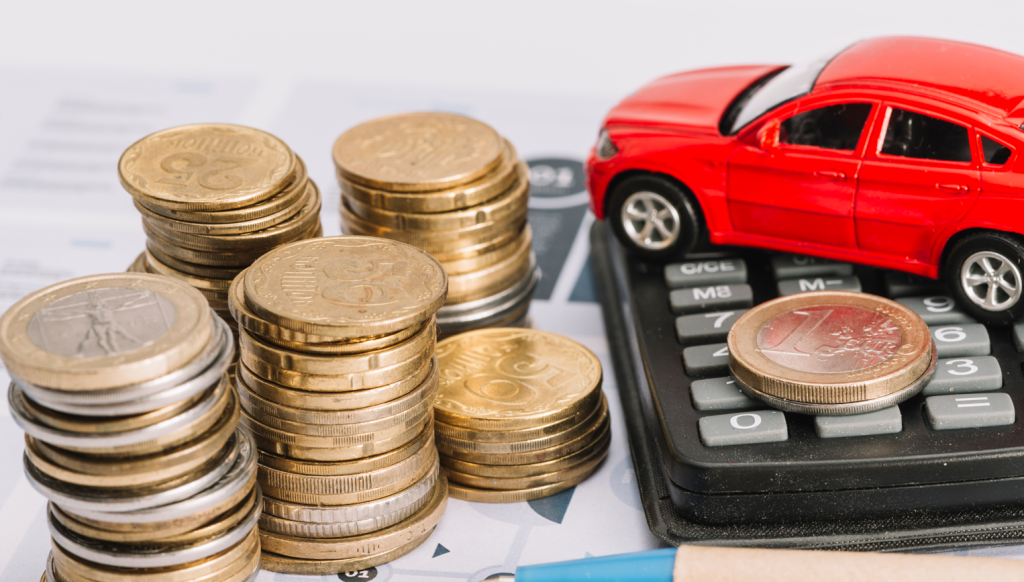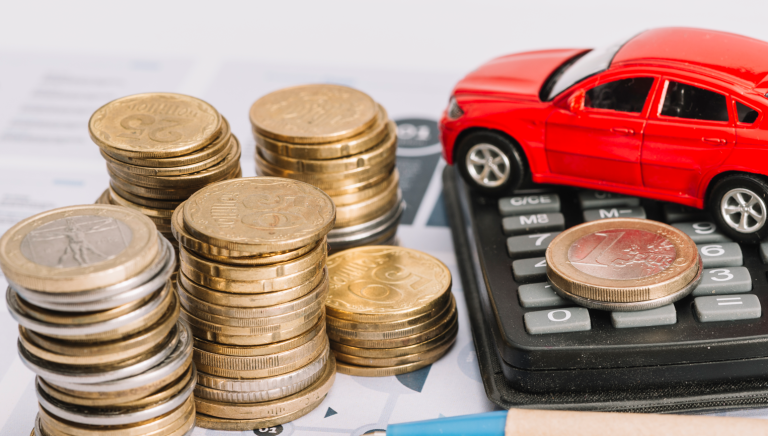In Ireland, paying car tax is not an extra expense; rather, it is a necessary expense to maintain your legal driving status. But figuring out how much you owe can be like solving a financial puzzle. Various assessment methods and fluctuating tax rates can make the process seem daunting. But don’t worry—we’ll simplify everything so you can make wise, economical choices.
Why Does Car Tax Matter?
In Ireland, paying a car tax is only one aspect of the system; it also serves to maintain road infrastructure, promote cleaner transportation, and control vehicle ownership. In the last ten years, tax laws have changed to discourage gas-guzzlers and encourage low-emission vehicles. What was the outcome? Overall carbon emissions are being greatly reduced as more people choose hybrids and electric vehicles (EVs).
Table: Motor Tax Rates in Ireland (2024)
| Vehicle Type | Tax Basis | Annual Tax (€) |
|---|---|---|
| Petrol/Diesel (Pre-2008) | Engine Size | €165 – €1,809 |
| Petrol/Diesel (Post-2008) | CO₂ Emissions | €120 – €2,400 |
| Electric Vehicles (EVs) | Flat Rate | €120 |
| Vintage Cars (30+ years) | Flat Rate | €56 |
| Goods Vehicles | Weight-Based | €333 – €5,195 |
🔗 Reference: Motor Tax Ireland
How Is Car Tax Calculated?
Ireland uses three primary factors to determine motor tax:
1️⃣ Engine size – If your car was registered before July 2008, your tax depends on engine capacity (measured in cubic centimeters).
2️⃣ CO₂ emissions – If your car was registered after July 2008, your tax is based on emissions output. The higher the emissions, the more you pay.
3️⃣ Vehicle type – Electric cars, vintage vehicles, and commercial trucks fall into special categories with different rates.
Drivers are remarkably encouraged to select environmentally friendly options by this system. Many people have reduced their long-term tax expenses by switching from diesel to hybrid or electric vehicles.
How to Check Your Car Tax?
By entering your vehicle registration number into MotorTax, you can check your taxes the quickest. Specifically, this brings up the current rate for your particular vehicle instantly. With MyWheels, you can also find tax rates. For example, it’s especially helpful if you’re thinking about purchasing a used car and want to project future expenses.
CO₂ Emissions and Your Tax Bill
If your car was registered after 2008, your tax is directly linked to emissions. This means:
✅ Low-emission vehicles (under 80g/km CO₂) → Lower tax (€120 annually)
❌ High-emission vehicles (226g/km CO₂ or more) → Higher tax (€2,400 annually)
Fuel-efficient car models have become increasingly popular since this system was implemented. By combining climate policies with tax incentives, Ireland has established itself as a pioneer in environmentally friendly transportation.
Are You Exempt from Car Tax?
Some drivers qualify for exemptions or reductions. You may be eligible if you:
- Have a disability exemption under the Disabled Drivers and Passengers Scheme
- Drive a vintage car (over 30 years old) (€56 annual tax)
- Own an electric vehicle (EV) (€120 annual tax)
- Use a farm vehicle for agricultural purposes
These exemptions are particularly beneficial for specific groups, saving them hundreds per year.
The Electric Vehicle Advantage
Low tax rates and government subsidies have contributed to a notable increase in the number of EVs on Irish roads over the last five years. EVs pay a flat €120 in taxes per year, which is significantly less than the €2,400 some diesel vehicles must pay.
Table: Tax Comparison – EVs vs. Diesel Cars
| Vehicle Type | Annual Tax (€) | 10-Year Cost (€) |
|---|---|---|
| Electric Car (EV) | €120 | €1,200 |
| Diesel (226g/km CO₂) | €2,400 | €24,000 |
| Petrol (180g/km CO₂) | €1,250 | €12,500 |
By leveraging tax savings and fuel efficiency, EV owners notably reduce their long-term driving costs.
What Happens If You Miss Your Car Tax Payment?
There are fines and possible legal repercussions for late auto tax payments. Here are some possible outcomes:
🚨 Late payment fines – The longer you wait, the higher the penalty.
🚨 Possible court summons – Unpaid tax can lead to legal action.
🚨 Car clamping or seizure – Authorities can clamp or impound untaxed vehicles.
Given these risks, timely tax renewal is strongly advised.
How to Pay Car Tax in Ireland?
Paying motor tax is straightforward and can be done online in minutes.
Step-by-Step Guide:
1️⃣ Go to www.motortax.ie
2️⃣ Enter vehicle details (Registration number & PIN)
3️⃣ Choose a payment plan (Annual, bi-annual, or quarterly)
4️⃣ Make payment (Debit/credit card or direct debit)
5️⃣ Download your tax disc (Digital or print version)
As quarterly payments eventually become much more expensive, many drivers opt for the annual option.
Annual vs. Quarterly Tax Payments
A startling fact? It can cost you an additional 13% annually to pay quarterly or biannually.
🔹 Annual payment → 100% of the listed tax
🔹 Bi-annual payment → 110% total tax (5% extra per half-year)
🔹 Quarterly payment → 113% total tax (13% extra per year)
It is very economical for those who can afford it to pay once a year.

Final Takeaways: How to Reduce Your Car Tax Costs
✔ Check your tax rate online before purchasing a car
✔ Consider an electric vehicle to benefit from the lowest tax rates
✔ Always renew on time to avoid penalties and legal trouble
✔ Pay annually if possible to notably reduce extra charges
✔ Look into exemptions if you qualify for tax relief
You can make better financial decisions for your car and drastically reduce expenses by being aware of your options.
FAQs About Car Tax in Ireland
🔹 How much is car tax in Ireland?
It depends on engine size (for pre-2008 cars) or CO₂ emissions (for newer cars). Rates range from €120 to €2,400 per year.
🔹 Where can I check my car tax?
Use MotorTax.ie and enter your vehicle registration to see your exact tax rate.
🔹 Are electric vehicles cheaper to tax?
Yes! EVs have a flat tax of €120 per year, saving thousands over time.
🔹 What happens if I don’t pay my car tax?
Expect fines, legal action, or even vehicle seizure if your tax lapses.
🔹 How should I pay my car tax?
Online at www.motortax.ie. Paying annually is notably cheaper than quarterly payments.


